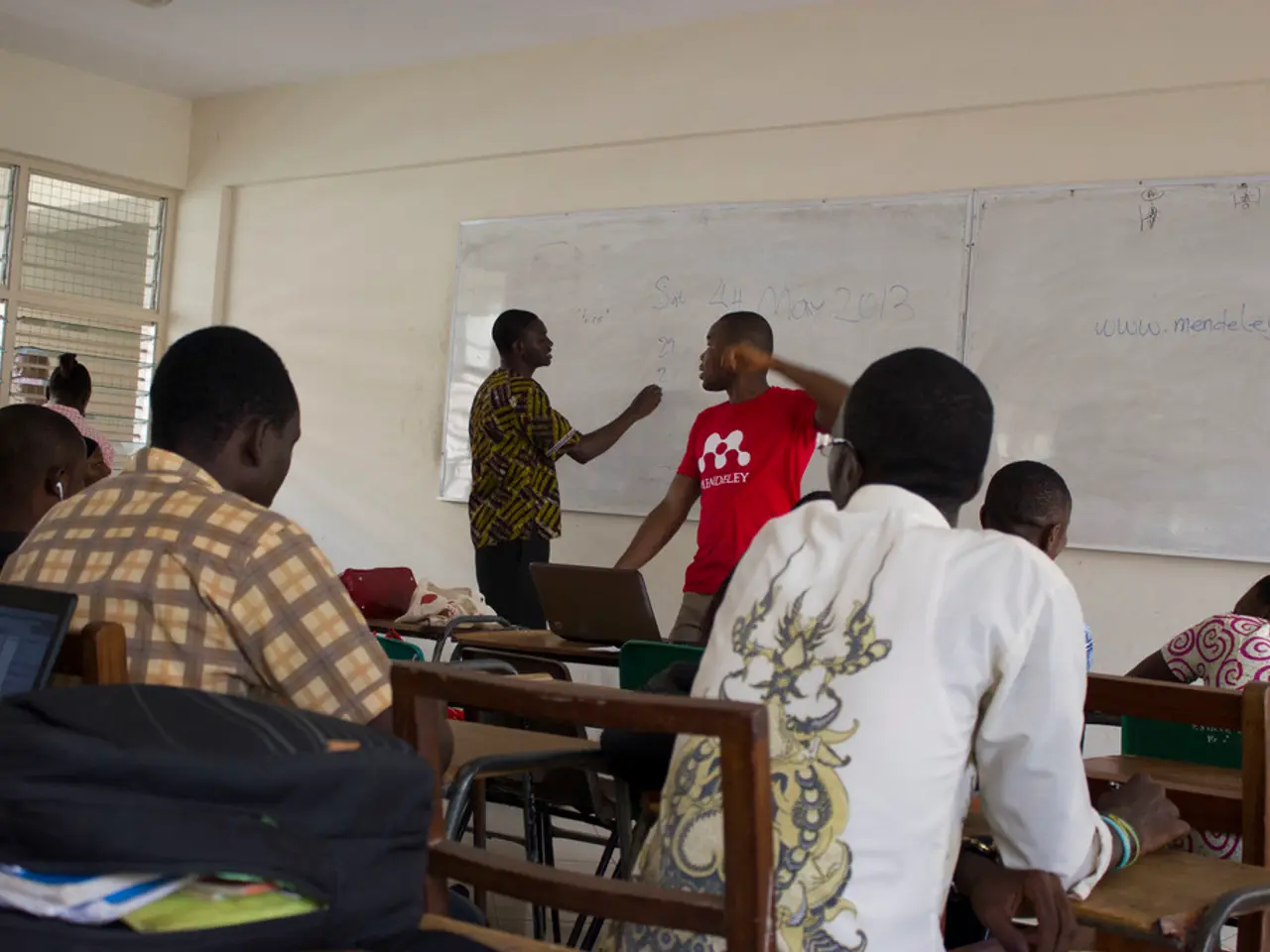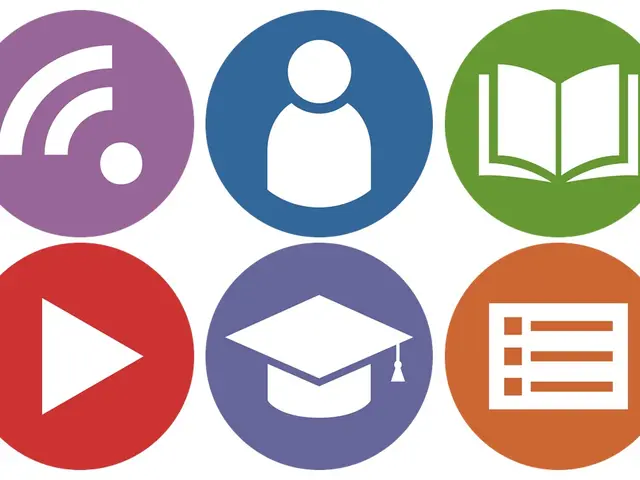Strategies for Deterring Unfair Use of ChatGPT
In the rapidly evolving world of technology, the role of artificial intelligence (AI) in education is becoming increasingly prominent. One such AI tool that has caught the attention of educators and students alike is ChatGPT, a model developed by OpenAI. However, as with any new technology, there are concerns about its appropriate use and the potential for academic dishonesty.
Enter GPTZero, a ChatGPT detector developed by an international team of software engineers, researchers, and other professionals, primarily based in New York and Toronto. This tool, along with a similar one from the makers of ChatGPT, aims to help teachers detect content generated on the platform.
While these tools can be useful in maintaining academic integrity, they also raise concerns about student privacy and the permanent storage of student information. Edward Tian, the creator of GPTZero, advises that the tool should not be used by teachers to determine that a student has cheated. Instead, it should be seen as a tool to facilitate open discussions about the appropriate use of ChatGPT and academic honesty.
Open discussions about the role of technology in thinking, communication, and learning can help educators understand how best to integrate AI tools like ChatGPT into their teaching methods. Sood suggests that teachers should talk to their students about the use of ChatGPT to learn more about how students are using the technology.
In an effort to encourage more enriching responses from students, educators can encourage them to relate course material to their personal experiences. For shorter weekly essay questions or discussion board prompts, students might be asked to discuss their own educations or work in the field in response to a reading.
Moreover, students should be a part of the debate about the norms around what constitutes plagiarism and cheating in regard to ChatGPT and other AI tools. Trust advises that educators should have thoughtful conversations with students about the use of work written by others, whether from the internet or from ChatGPT, and what role the technology should play in their thinking, communication, and learning.
Ultimately, the appropriate use of ChatGPT and other AI tools in the classroom can foster a more engaging and interactive learning environment. By encouraging open discussions and involving students in the conversation, educators can ensure that these tools are used to enhance learning rather than compromise it.
Read also:
- Executive from significant German automobile corporation advocates for a truthful assessment of transition toward electric vehicles
- Diagnosing Male Fertility Issues: A Guide to Understanding Male Fertility Evaluations
- Questioning vaping's safety when it comes to essential oils: Examining potential hazards and adverse effects
- Turkey's vibrant youth are grappling with capability-building within their sector








